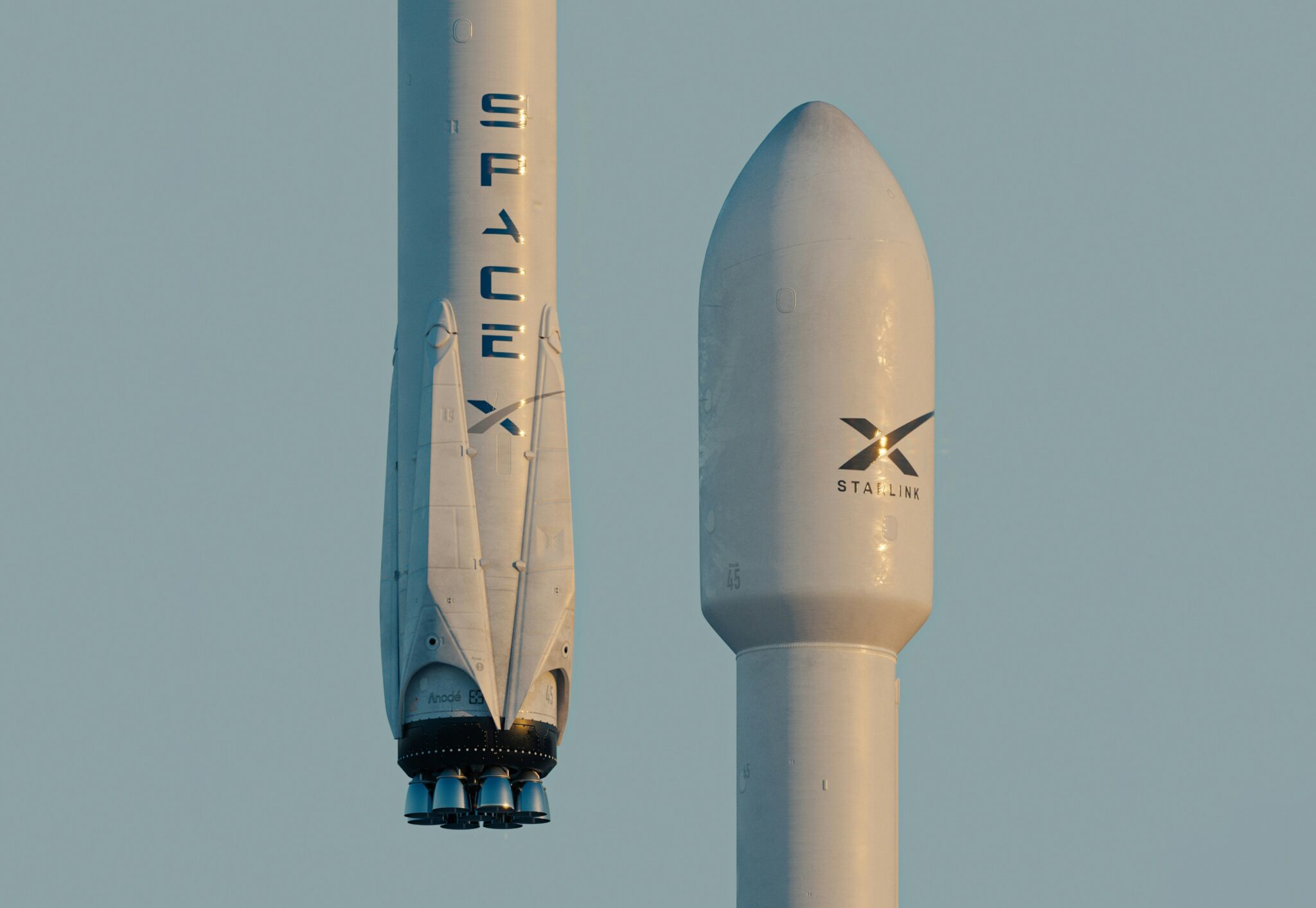
Holt McKeithan is a student at Harvard Law School.
In today’s News and Commentary, Georgia lawmakers pass a bill to discourage voluntarily recognition of unions, SpaceX is accused of requiring employees to sign illegal severance agreements, and Starbucks agrees to begin negotiations with its unionized workers in late April.
The Georgia state legislature passed a bill Wednesday that would bar companies from receiving state subsidies if they voluntarily recognize a union through card-check. The bill will next go to Governor Brian Kemp, who has indicated his support. Ben wrote about this bill on March 8th after it passed the Georgia senate. The legislation was drafted and promoted by ALEC, and has already been enacted in Tennessee. Yesterday, John analyzed whether these types of measures are preempted by federal labor law. If not, it may open the door for progressive states to counter by requiring corporations to take a number of pro-labor actions (like recognizing unions after they achieve a card-support majority) to be eligible for state subsidies.
The NLRB filed a complaint against SpaceX Thursday. The Board alleged the company forced its employees to sign severance agreements that contained illegal confidentiality and non-disparagement clauses. While those provisions are common in severance agreements, the NLRB has said they must make clear that workers do not waive their rights under the NLRA. The complaint seeks an injunction forcing SpaceX to rescind the agreements and to block enforcement of any such agreements already signed.
The complaint is the latest battle in the war between SpaceX and the NLRB. The NLRB has already filed a complaint accusing the company of retaliating against employees who criticized Elon Musk and accused him of sexism. As John explains, SpaceX responded by challenging the constitutionality of the Board.
Starbucks Workers United and Starbucks have set a date for bargaining sessions with delegates from 400 unionized stores. Negotiations will begin in late April. The announcement marks another step closer to a contract after the company refused to negotiate for years with its workers. Jacqueline previously covered an agreement between the company and union to begin negotiations.






Daily News & Commentary
Start your day with our roundup of the latest labor developments. See all
March 3
In today’s news and commentary, Texas dismantles their contracting program for minorities, NextEra settles an ERISA lawsuit, and Chipotle beats an age discrimination suit. Texas Acting Comptroller Kelly Hancock is being sued in state court for allegedly unlawfully dismantling the Historically Underutilized Business (HUB) program, a 1990s initiative signed by former Governor George W. Bush […]
March 2
Block lays off over 4,000 workers; H-1B fee data is revealed.
March 1
The NLRB officially rescinds the Biden-era standard for determining joint-employer status; the DOL proposes a rule that would rescind the Biden-era standard for determining independent contractor status; and Walmart pays $100 million for deceiving delivery drivers regarding wages and tips.
February 27
The Ninth Circuit allows Trump to dismantle certain government unions based on national security concerns; and the DOL set to focus enforcement on firms with “outsized market power.”
February 26
Workplace AI regulations proposed in Michigan; en banc D.C. Circuit hears oral argument in CFPB case; white police officers sue Philadelphia over DEI policy.
February 25
OSHA workplace inspections significantly drop in 2025; the Court denies a petition for certiorari to review a Minnesota law banning mandatory anti-union meetings at work; and the Court declines two petitions to determine whether Air Force service members should receive backpay as a result of religious challenges to the now-revoked COVID-19 vaccine mandate.